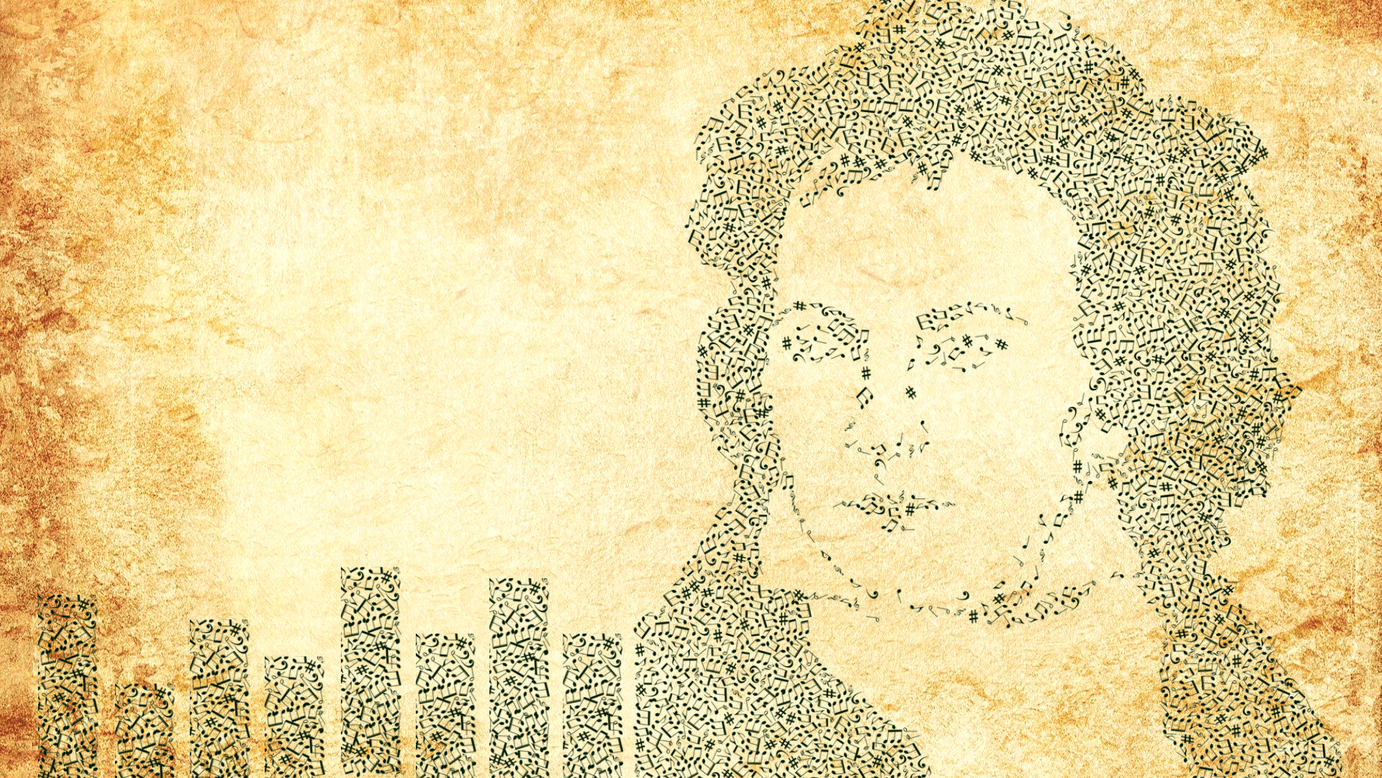I miss my childhood. Don’t we all?
Winter mornings especially always meant waking up to classical pieces by Mozart and Beethoven. While having zero ear or talent for music, my musically-informed parents made sure I was exposed to all kinds of music – from the Beatles and Bach to Pandit Jasraj and Rabindra sangeet. Back then, I remember cribbing about having to listen to ‘outdated’ music. A lot has changed since then.
But of all the classical musicians I was ‘forced’ to listen to, Ludvig van Beethoven holds a special place in my heart.
I remember pretending to be maestro Herman Von Karajan with a paint brush in hand swaying triumphantly to arguably one of Beethoven’s most iconic pieces – Symphony No. 5 in C minor. Another piece that is still very dear to me, as the title suggests, is ‘Ode to Joy’.
Anyone who reads, listens, plays or has a fascination for composers of the classical period will be aware of how Beethoven’s life was extravagantly sorrowful. For a musician, gradually losing the ability to hear is a great misfortune. The Heiligenstadt Testament of 1802, a letter to his brothers opened 25 years after his death, captures his pain, struggle, and isolation poignantly.
But immeasurable talent and passion for music helped him realise his long-held dream of writing a hymn to ‘Joy’ in the evening of his life. The joy that seemed lost on him he reclaimed in composing his ‘Ninth Symphony’. The last movement – a choral setting of Schiller’s ‘Ode to Joy’, the finale of the Ninth, is a moving embodiment of the composer’s final triumph.
While COVID-19 brought the world to a dead end of sorts, revisiting Beethoven has been the most rewarding. Rediscovering Beethoven is like taking a plunge in the ocean. Where does one start to know an ocean? From cliffs? From ships? Possible, but inadequate. Struggling with the trials and tribulations of life, plunging into his symphonies gave me peace. It helped me realise once again that there is light at the end of the tunnel.
Also read: Music as Part of Our Everyday Lives
Traversing through his electrifying Fifth Symphony gave me confidence, his sixth, better known as the Pastoral, calmed my nerves with its sweet-sounding country-like melody, his seventh with its obsessive rhythmic momentum made me want to dance and his ninth was the hope that I had lost. I can go on even about his concertos, but his prophetic symphonies helped me power through the worst of this pandemic.
It is but unfortunate that the pandemic is not entirely over. But the power of music will always be there to stay, especially in times of uncertainty like this. People of Beethoven’s stature are and will remain alive in history, and they must. We need people like him to remind us once in a while of what humanity is capable of; capable of extraordinary resilience and the ability to find hope and joy when the future seems bleak. So, on his 250th birth month, I would like to personally humbly thank the demigod Beethoven for his enormous contribution to music and life.
Konina Mandal is assistant lecturer at the Jindal Global Law School, O.P Jindal Global University Sonipat, Haryana.
Featured image credit: Gordon Johnson/Pixabay

